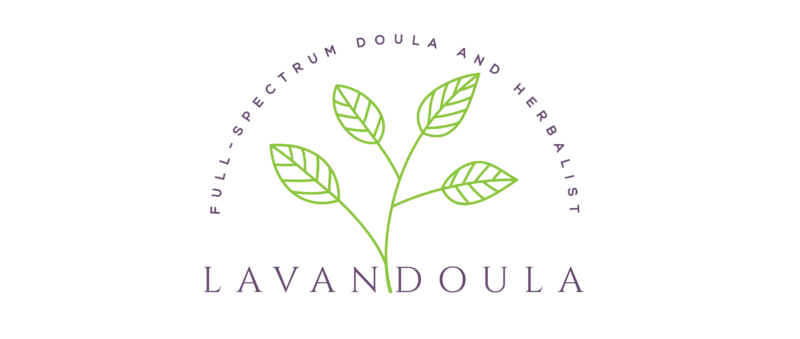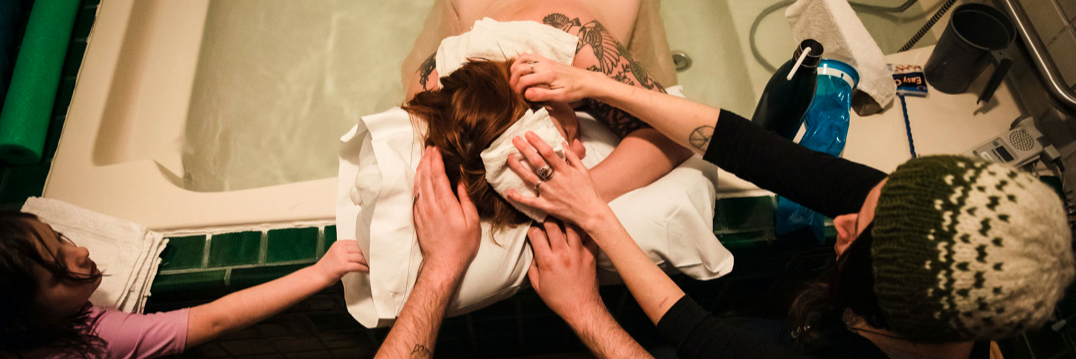In 2011, I made a bold move. About a year after attending my first birth, I decided to quit Facebook. To this day, I’m one of the only self-employed millennials I know who does not have a Bachelor’s degree or Facebook account. I’ve lived in the Boston area this whole time, so my list is specific to things I’ve found helpful to building a practice around home. Many new or aspiring birth doulas reach out to me to gain a better understanding of how to get into self-sustaining practice. Here are five things I’ve found especially helpful in building my practice, without the surveillance and privacy issues of using social media websites.
- Networking events. This may be most helpful to newer birth workers in order to get out there, meet expecting families, and get practice quickly answering questions like, “What is your philosophy?” “Why did you decide to become a doula?” and “Can you describe how your style differs from others?” Local to Boston, both Mama & Me in Jamaica Plain and OmBirths via Down Under Yoga have “Meet the Doulas” nights that are free for parents (often drawing a large crowd) and $20-$25 for a doula to sign up. It’s valuable to meet folks who may potentially want to hire you, but also to meet other birth workers in the area who may have different skillsets or might be available as backup.
- Grow your referral network. In order to be an asset to your community, you need to know what resources exist in your area that serve the folks you hope to work with. MassBirth is a good place to get started. They have lists of everything from placenta encapsulation to postpartum and lactation support, to mental health counselors.
- Know other people who have your dream job? Invite them to tea. Take the fifty minutes you may spend on Facebook in a day, and actually get together with someone who does related work in your area. Getting to know folks on a more personal level makes for a strong network of backup support and will likely get you more referrals in the future.
- MassDoulas yahoo group. Created and moderated by the lovely home birth midwife Joyce Kimball, MassDoulas is a place where local birth workers are constantly sharing information, events, clients looking for support.
- Volunteer. Yes, birth work is often under-compensated and if you’re called to attend births professionally, you should be well supported in order to make it a sustainable adventure. That being said, if you’re new to birth and nervous to claim Professional Doula Status with confidence, Brigham and Women’s Hospital offers a volunteer birth doula program for teen moms, and you don’t need to be certified in order to attend. It’s a great way to get an idea of what local hospital policies and practices are, and informs work you’ll do with clients for years to come. Even if you don’t have the capacity to volunteer for birth support directly, you could spend time lobbying for initiatives like the Massachusetts bill to cover doulas on MassHealth.
The Business of Being a Doula
A few folks in my life have recently asked how I feel about the divisive/controversial ProDoula articles that are circulating. Honestly, as someone who chooses not to use any social media, I probably would have missed this entirely if folks didn’t bring it to my attention. I was relatively preoccupied while attending two clients’ 37-week labors, organizing the year’s goals with the steering committee of the Boston Doula Project, and encapsulating another client’s placenta.
Generally, I think there is enough space in Boston (I can’t speak for smaller or more rural communities) for many types of doula practices and their clients. While some doulas have always argued that providing free or very low-cost services devalues doula work as a profession, others continue to provide free or very low-cost services because it is exactly what they are called to do. I absolutely believe folks need to charge a rate for their work that is sustainable to them. On-call support for labor is extremely valuable, and not just because the studies show doulas save thousands of dollars in healthcare costs. We literally prevent trauma (and hold space for trauma that exists) on a regular basis.
The ProDoula founder is right to say that plumbers don’t worry about people who can’t afford to hire plumbers, but birth is not the same as home repairs. Supporting one another in the childbearing year is something that people have always done, and are always going to do. We live in a time and place in human history where folks aren’t all having 15 babies, witnessing 10 younger siblings be born, hanging out around groups who are feeding babies at their chests, and having that community of support built in. We’re giving birth in hospitals, often in big cities far away from family. Most often, the first birth people witness is their own baby’s! We’re needing to pay people out of pocket to create a sense of that lost community support. This used to be culturally built-in, for everyone, for free.
I’m all for folks charging what they need to in order to make their work sustainable – that part’s important and isn’t typically emphasized in many doula trainings. Most doula trainings emphasize what’s normal in birth and postpartum, what’s not, how to be a compassionate and competent helper and how to plug into the extended community of resources for when you need to make referrals. These articles make it sound like ProDoula’s trainings emphasize profits, avoiding the local community (“ProDoula tells doulas to ignore local doula collectives — why fraternize with the competition?”) ostracizing new doulas, and not making referrals because your agency provides The Best And Only care.
- Kara Schamell, at Modern Mama Midwifery has tons of experience, especially in sanitation techniques and lab safety as a midwife. We back up each other’s placenta clients in the case of travel or client birth overlap.
- Jennifer Lynn Frye, at New England Placenta Encapsulation, who has a background in nursing, and has been providing this service since 2014. She was also part of the first-ever batch of Boston Doula Project trainees.
- Jennifer Lewis, at New Life Blessings has encapsulated over 250 placentas in MA, RI and CT.

